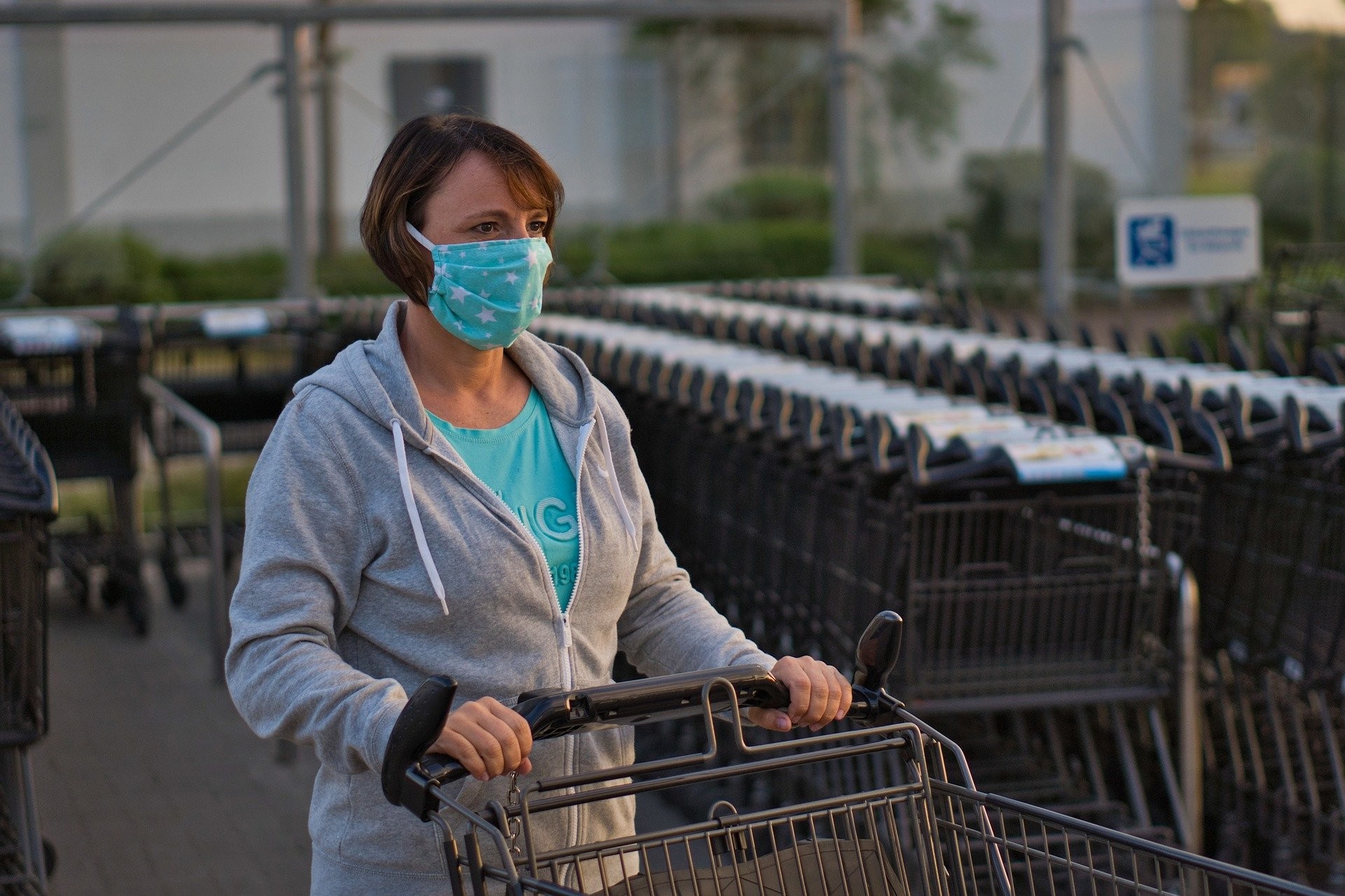As the US coronavirus curve starts to show signs of flattening, a growing number of Americans are now taking to the streets to demand that state governors lift mitigation measures and reopen economies despite concerns over a resurgence in COVID-19.
Invited by Columbia Global Centers | Beijing, Wafaa El-Sadr, University Professor of Epidemiology and Medicine and Director of ICAP at Columbia University, talked in an interview with China Daily about the conditions and international cooperation needed for the reopening of economies. Main points of the interview are as follows.
- The global outbreak is affecting various parts of the world in different ways. While it is unclear how much longer it will run, it will last probably in some manner or another until we discover an effective vaccine.
- Strong evidence that COVID-19 cases and deaths are decreasing in a sustained manner is necessary before making the decision to enable each mitigation measure. At the same time, countries need to be ready to maintain strong containment measures, like the tracing and tracking of cases and contacts.
- It is likely that there would be less transmission as a section of the population is likely to be immune. In addition, hopefully by then there will be treatments already identified.
- It is critical that countries cooperate in the face of the pandemic. As the world is supremely connected, control measures in one region depend on the effectiveness of actions elsewhere.
- China's ability to isolate the virus and share its gene structure with others around the world was helpful, as were the examples of the country's establishment of fever clinics and shelter hospitals.
Read the full story here.

